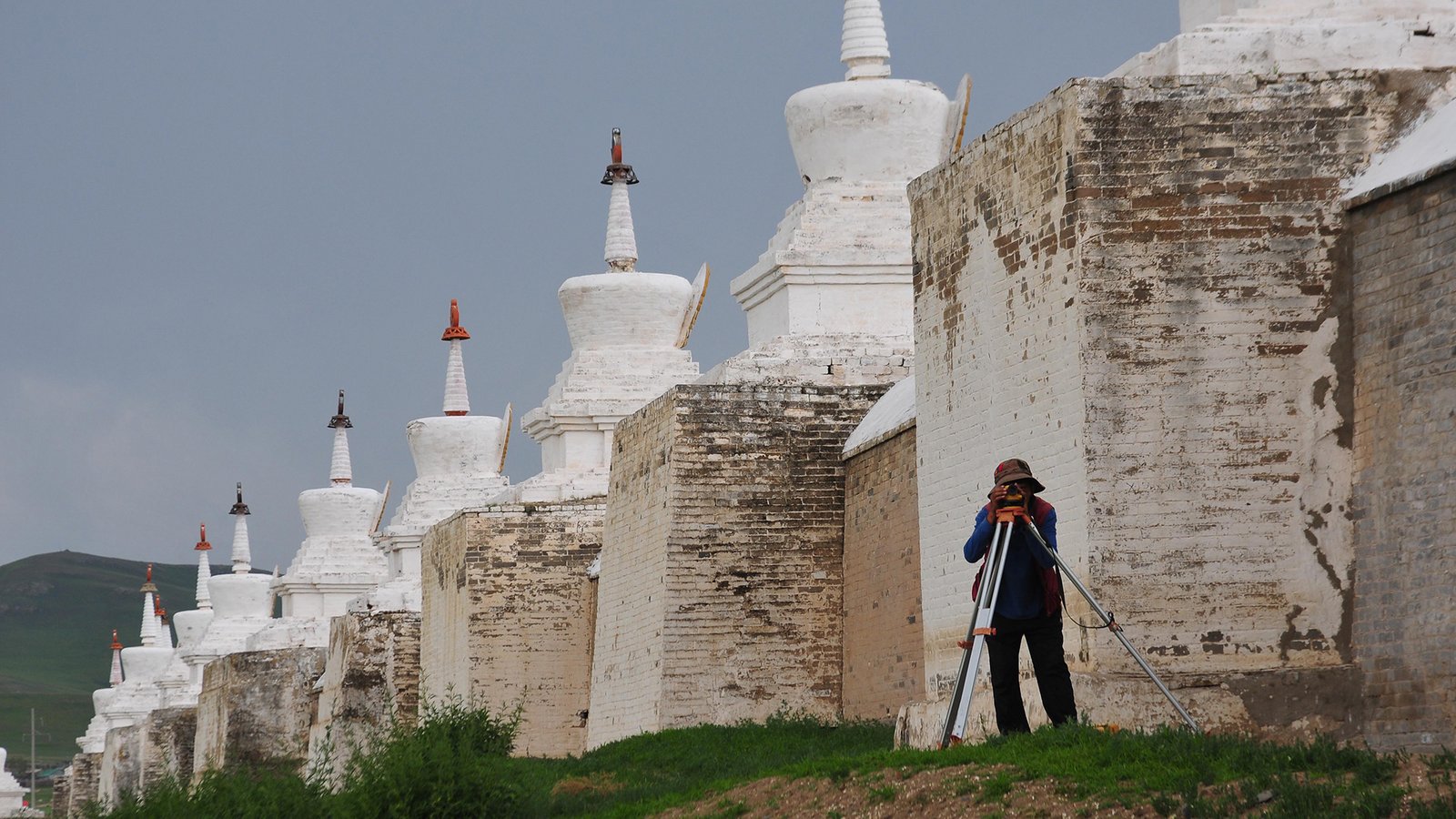Topics & Outlook
The KAAK conducts collaborative research worldwide with the aim of jointly researching globally important topics such as migration or the use of resources. Together with our partners, we develop research questions and projects that pursue long-term, interdisciplinary research strategies and question existing views.
Our Topics and Visions
The KAAK conducts collaborative research worldwide with the aim to jointly explore globally important topics such as migration, development of sedentism and niche formation, access to resources and networks of exchange. In doing so, new questions are developed that challenge and critically examine existing views.
The mission of the KAAK as a globally operating research unit is to add to the traditional regional and cultural focus of the DAI, to formulate explanatory models for culture-historical developments and to reflect global diversity back into the institute's current debates within the framework of collaborative research formats.
The international focus of the KAAK allows us to develop research questions with our local partners that are based on long-term bilateral and multilateral networks. We pursue an interdisciplinary research strategy that is not only characterized by its geographical range, but also by an openness to new explanatory models.
Together with our partners, we develop and share research, knowledge and skills that connect us and protect our cultural heritage. In addition, the KAAK's task is to inform legislators and politicians and to work constructively towards improved protection of cultural assets.
Our current research themes
The KAAK's research plan focuses on using case studies to understand complex relationships in past societies through transdisciplinary collaboration and to create alternative explanatory models. The KAAK therefore focuses on projects that link archaeology with geosciences, botany, zoology and geoinformatics, but also linguistics and cultural studies.
In many KAAK projects, however, the initial challenge is that research projects have to create the very basis for further questions, such as establishing the chronology, provenance and function of archaeological sites by developing inventories of archaeological finds and findings.
Current research strands include:
- Forms of sedentary lifestyle and niche formation
- Migration (causes and consequences of population movements)
- Access to resources and their use
- Networks of exchange and trade as well as knowledge transfer
Our research foci are regularly revised and adapted to the global specialist discussion. All projects are designed in such a way that research, training and cultural support are integrated and implemented exclusively with our local partners.

